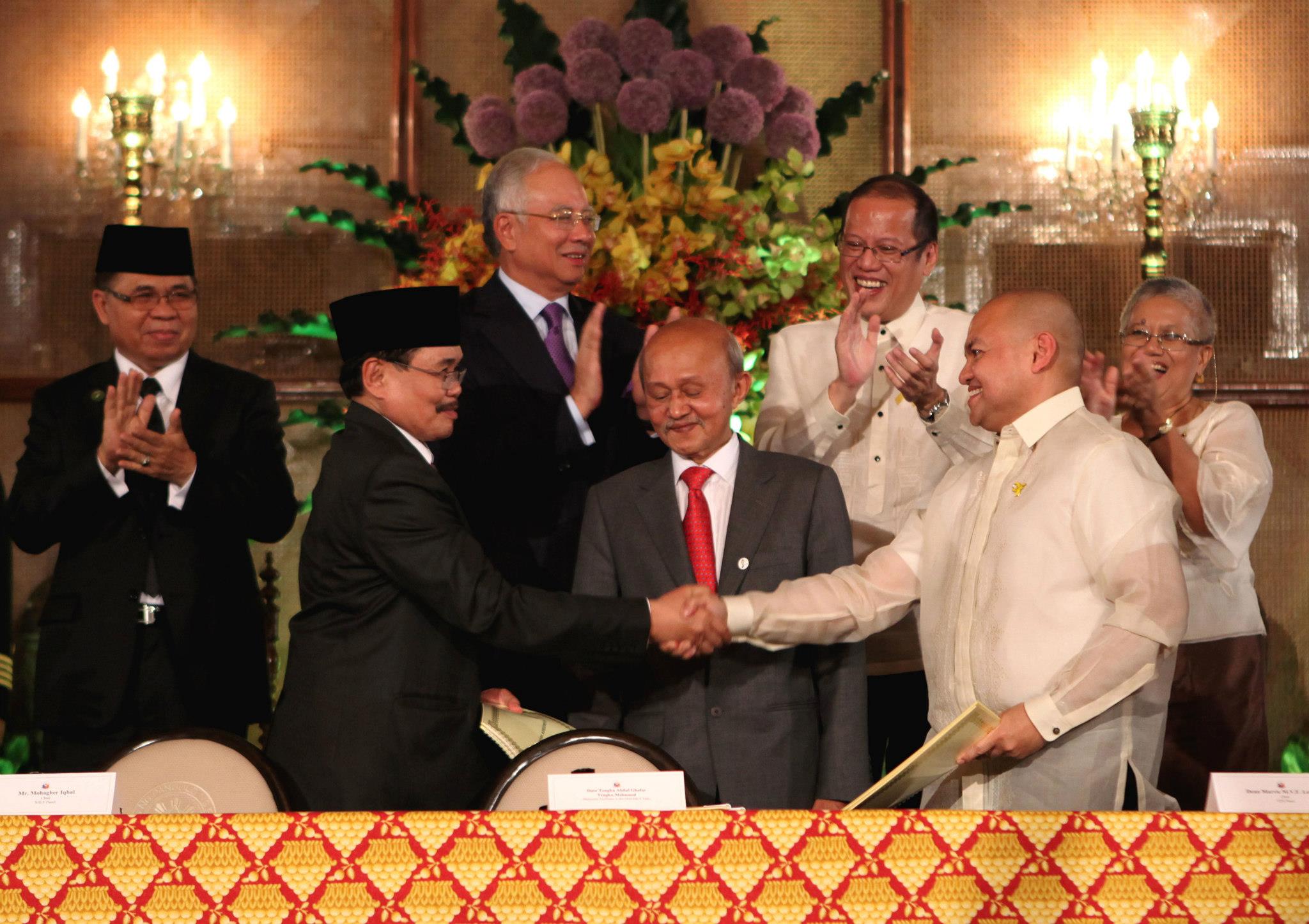The Trouble of Proving “Genocidal Intent”: The Modern Rohingya Crisis in Historical and Political Context
Essay by Ashley S. Kinseth
On the heels of the Holocaust, the then-nascent United Nations General Assembly adopted the Convention on the Prevention and Punishment of the Crime of Genocide—its first-ever international human rights treaty. As such, the Convention is arguably the most sacred text in modern international law—but also the most disregarded. The reasons for this indifference are largely political, yet typically explained away under the guise of law: governments routinely argue that it is impossible to know whether mass atrocities were intentional, as is required in the legal definition of genocide. The present Rohingya crisis, for which ample evidence of genocidal intent has emerged, provides a clear example of this blatant disregard for international law. As one of the worst genocides in the past century continues to unfold in Myanmar, nearly all states sit on their hands.



 The NYU Journal of International Law and Politics is proud to once again partner with Opinio Juris for an online symposium around
The NYU Journal of International Law and Politics is proud to once again partner with Opinio Juris for an online symposium around